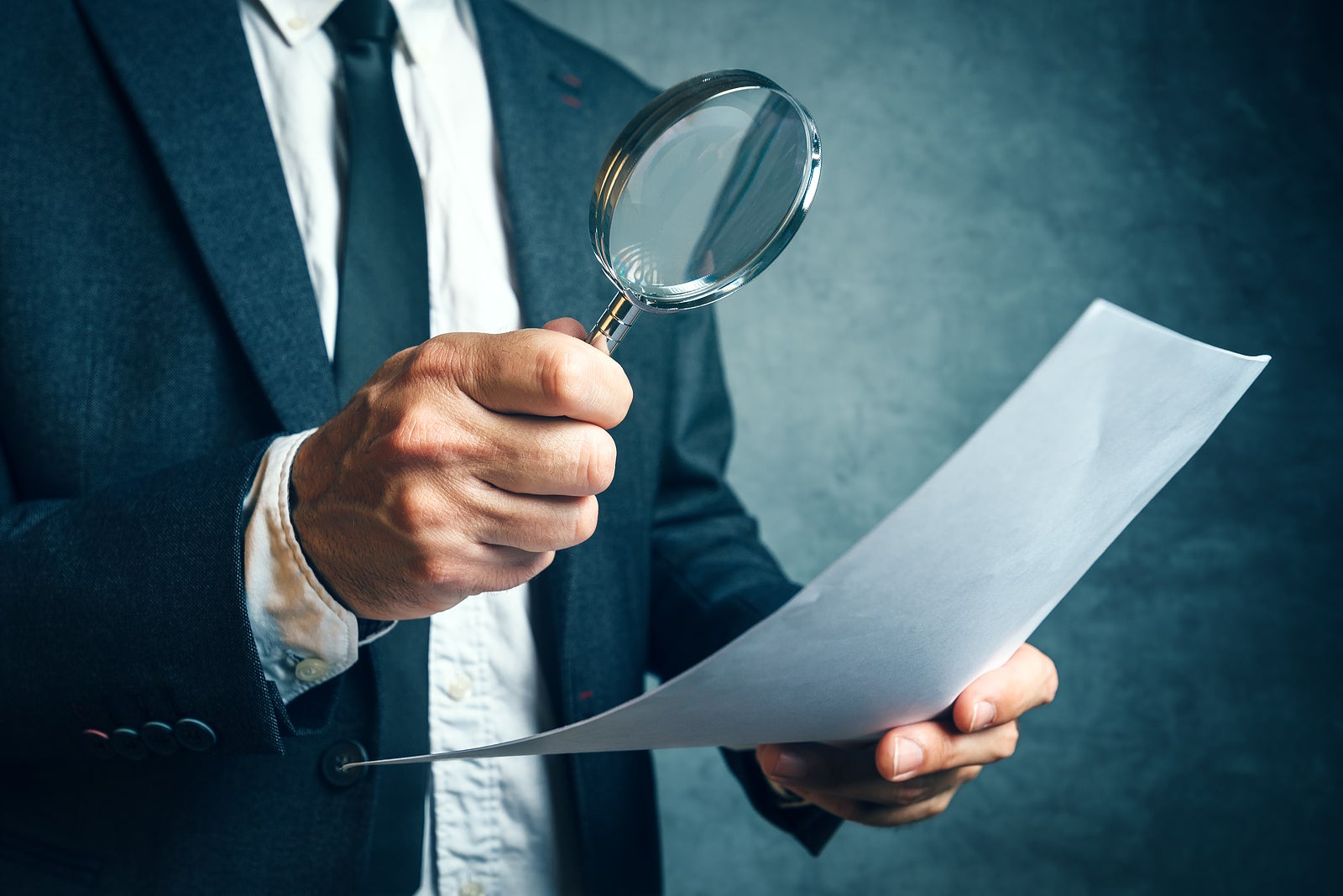
There are plenty of interesting niches within the world of accounting, but forensics accounting often sticks out a little more to those individuals looking for an exciting career revolving around how people or companies spend their money. A little more than a decade ago, interest in forensics had a huge boom on the heels of shows like CSI, which revolved around individuals tasked with solving crimes.
Though a lot of forensics is produced by detectives with badges or scientists in lab jackets, there is an increasing dependence on individuals who specialize in following the money trail, and these are forensics accountants. A very basic example of forensics accounting would be utilizing credit card data to determine a suspect bought a shovel a week before a body was found buried in his back yard. Morbid, but a good example of the types of work these accountants do when working alongside law enforcement in the field, but figuring out digital theft is also a major part of their job.
Another place forensics accountants work is in defense of cyberattacks, which cost the global economy nearly $1 trillion in 2020, the highest amount in a single year, ever. Part of this was due to the increase of economic activity online, as many individuals were forced to work, educate, and shop from their homes in order to slow the curve of the pandemic. As the pandemic comes to an end, many experts believe remote work will continue to be much more popular after the pandemic than it was before, as well as ecommerce.
In either realm, the demand for forensics accountants is growing, and it also puts you in a higher tax bracket than most other accounting jobs. Here is a look at the steps to becoming a forensic accountant.
Education
In order to practice accounting in a forensics office, a bachelor’s is required, and a master’s is highly recommended. There are higher degrees specifically for forensics accounting, but any finance or accounting degree can get you in the proverbial door. If you’ve already been in the workforce for a while and don’t have time for full-time school, accounting programs that can be completed online and at the student’s own pace are quite aplenty.
Certifications can also set you apart from competition, and the two major ones that could help with this career are a CPA (certified public accountant), which a vast majority of accountants get, and it’s difficult to advance in any area of focus without one, and also a CFE, which is a certified fraud examiner certificate.
Soft Skills
To succeed as a forensics accountant, it’s important to have at least some form of understanding of how the day-to-day proceedings of the justice system work. In addition, being able to remain objective when conducting your work is also important. Training on cultural awareness and diversity are also important, as you will be working with many types of defendants and prosecutors. Other important skills for forensic accountants are written and verbal communication, professional writing, and the ability to work independently, as oftentimes there is only one or two forensic accountants at a given locale.
Where to Look for Jobs
Police stations, courthouses, and law enforcement facilities of the like are the places with the most options for forensic accountants, but on the fraud investigation side, banks, health care organizations, insurance companies and other non-law enforcement government agencies all employ individuals to work similar jobs as a courthouse forensic accountant. Job growth can be a little slow, as it’s such a niche market, but with that, the median salary of a CFE-certified forensic accountant is $95,000 so there is plenty of money to be made in this exciting career field.
2005 Views












